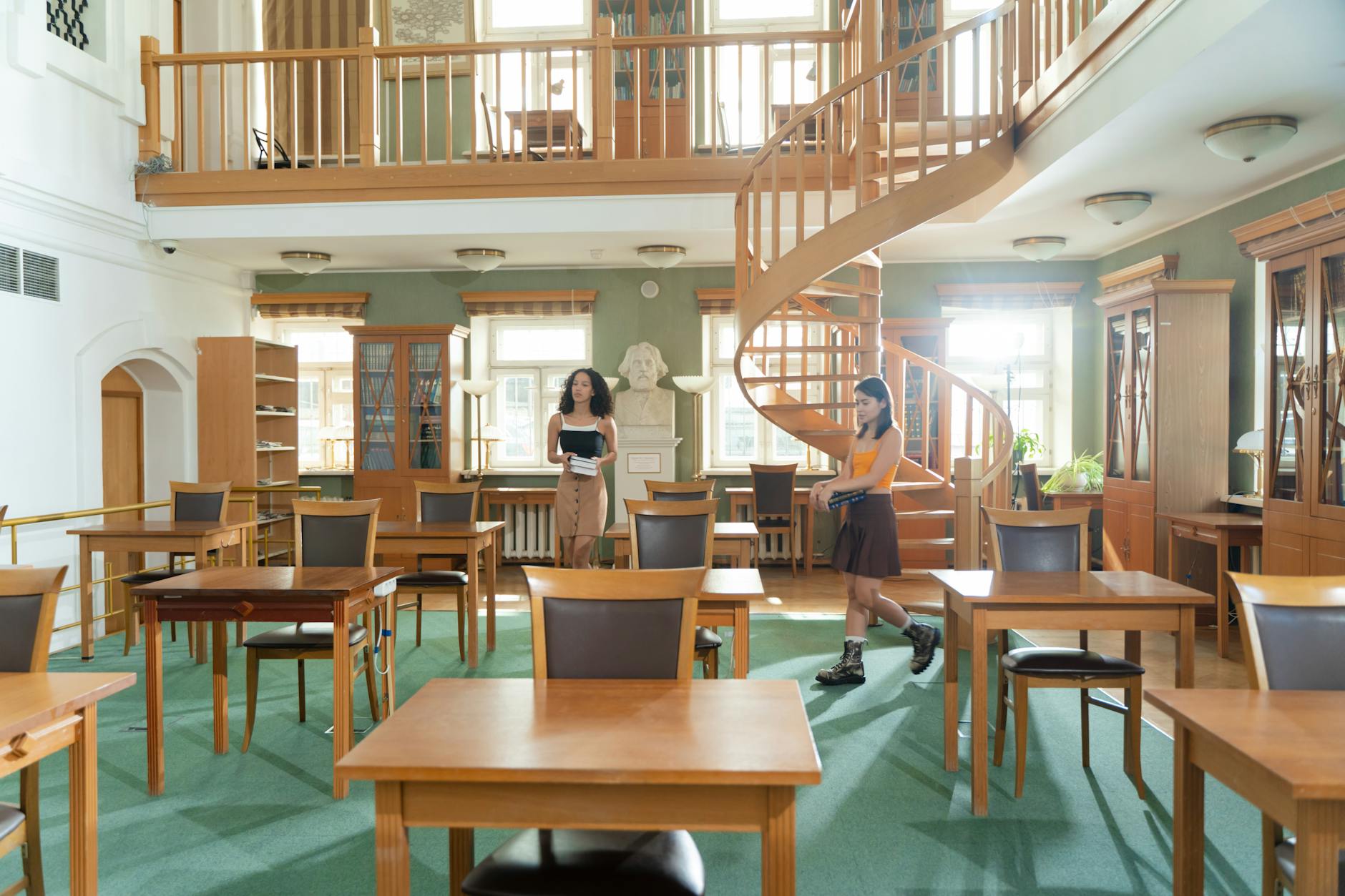How to Incorporate Community Services into Culinary Arts in Australia

Exploring the Integration
Integrating community services into culinary arts offers rich opportunities for both chefs and the broader community. As someone passionate about creating meals for diverse groups, you'll find that community service not only enhances your skills but also enriches the lives around you. The Victoria Market's fresh produce is a stellar resource for crafting wholesome dishes that cater to various community needs, particularly if you aim to focus on nutritional education.
Understanding the benefits of a diploma of community services can uniquely position chefs like us to influence positive change. This qualification not only makes you more empathetic towards the needs of different community sectors but also provides you with indispensable frameworks for initiating effective community programs. For example, designing meal plans for aged care facilities or implementing early childhood nutrition initiatives becomes more impactful when you come equipped with both culinary and community service skills.
In Melbourne, the diverse eateries of Lygon Street show just how culinary expertise can intersect with community upliftment. Venturing into courses such as cert 3 in individual support further expands your repertoire, enabling you to work more closely with vulnerable groups in community kitchens across the Docklands. Expertise in these areas empowers chefs to lead more inclusive culinary events, providing practical insights on nutrition to all attendees. With the right qualifications and a genuine passion for community upliftment, you're well-equipped to make a meaningful impact.
Target Demographics
Aged Care Meal Programs
Creating meal programs tailored for aged care is a highly rewarding venture. Drawing inspiration from the flavors that captivate the senses on Lygon Street, these programs should prioritise nutrient-rich ingredients that cater to the dietary needs of older adults. Incorporating local produce from Victoria Market ensures fresh ingredients adding both taste and nutrition. By engaging with community kitchens in the Docklands, chefs can collaborate to design meals that not only meet nutritional requirements but also bring a touch of home to the elderly, revitalising their daily dining experiences.
Early Childhood Nutrition
Engaging in early childhood nutrition planning involves designing meals that align with the curriculum of courses like cert 3 childcare. This ensures meals are both balanced and appealing to young palates. Developing a diploma in early childhood education can empower chefs to craft programs that provide children with healthy eating habits from the start. By involving children in the cooking process, perhaps through interactive workshops in community spaces, chefs can foster an appreciation for nutritious foods while instilling essential culinary skills.
Other Community Sectors
Exploring opportunities beyond aged care and early childhood, chefs can lend their expertise to various community sectors. From hosting pop-up cooking classes that celebrate diverse culinary traditions to partnering with nonprofits to address food insecurity, the possibilities are expansive. Whether it's through charity banquets or skill-building classes, these initiatives not only elevate culinary skills but also reinforce community bonds and foster inclusivity by celebrating the rich culinary tapestry of Melbourne.
Learning and Certifications
Essential Community Service Courses
As I explore ways to enhance my culinary career, I find that community services courses have become an essential addition. These courses have opened up pathways to integrating food and nutrition with community welfare. By understanding the principles of community services, I can tailor my culinary skills to meet the needs of various demographics like aged care facilities and early childhood centres. Integrating these services into my culinary practices provides value beyond the plate, adding a holistic approach that benefits the community on a broader scale.
Diploma of Community Services
Pursuing a diploma of community services has been a transformative journey. This certification equips me with the skills necessary to create impactful community programs. Imagine hosting culinary workshops at community kitchens in the Docklands, where the focus is on practical nutrition for all age groups. A comprehensive understanding of these services allows me to customise my culinary offerings, ensuring they meet the dietary needs of different individuals. Whether it's crafting nutritious meals for aged care or designing early childhood education programs around healthy eating, the diploma bridges my culinary talents with community service.
Balancing Study with Work
Balancing ongoing studies with a demanding kitchen role presents its own set of challenges. Yet, the vibrant energy from Victoria Market's fresh produce and the diverse eateries of Lygon Street remind me why I embarked on this journey. By incorporating practical insights on nutrition from my studies into daily kitchen activities, I maintain a seamless integration of both worlds. This balance is crucial as it enables me to apply theoretical knowledge to real-world scenarios, paving the way for a career where culinary passion meets community betterment.
Creating Programs and Workshops
Designing Nutritional Workshops
Creating impactful nutritional workshops is an exciting step in merging culinary arts with community service. Drawing inspiration from the vibrant settings of Victoria Market's fresh produce, these workshops should focus on crafting meals that are not only delicious but nutritious. Tailoring content around the nutritional needs of different age groups, such as in-person sessions with engaging practical insights on nutrition, can make workshops more interactive and enriching. Focus on providing participants with hands-on experience, like preparing healthy dishes using locally sourced ingredients.
Collaborating with Local Organizations
Building partnerships with local organisations is crucial for community-focused culinary initiatives. Reaching out to establishments like community kitchens in the Docklands can help facilitate workshops and events. Collaborations can involve shared resources and joint events that elevate the culinary experience while serving community needs. Whether it's partnering with schools for early childhood nutrition sessions or organising meal programs for aged care training facilities, aligning goals with community partners ensures the broader impact of your culinary initiatives.
Promoting Inclusive Culinary Events
Inclusive culinary events are a dynamic way to connect with the community. Thoughtfully crafting events that welcome diverse backgrounds and abilities promotes a culture of inclusivity. Consider venues such as the diverse eateries of Lygon Street to create a welcoming atmosphere for all participants. Utilize these events to showcase the community service aspect of the culinary arts, offering a platform for sharing cultural traditions through food while fostering a sense of community belonging.
Navigating the Challenges of Culinary and Community Integration
Tackling Knowledge Barriers
Creating vibrant community-oriented culinary programs often involves bridging knowledge gaps. Whether it's addressing unknowns in dietary requirements or understanding the local community dynamics, it is essential to foster an environment where continuous learning thrives. For example, offering workshops at "community kitchens in the Docklands" can provide hands-on experiences that encourage knowledge sharing among chefs, nutritionists, and locals. By showcasing the wealth of produce available at "Victoria Market's fresh produce," we can enhance everyone’s understanding of nutritious options and sustainable practices.
Balancing Culinary and Community Roles
For those juggling roles as both chefs and community service advocates, maintaining a delicate balance becomes vital. Culinary professionals, particularly those engaged in community service projects, often find themselves straddling the line between their passion for the kitchen and their commitment to societal well-being. It’s all about harmonising these roles by setting achievable goals and utilising resources like time-management workshops to effectively navigate this dual path. Implementing practical schedules can cater to diverse roles without compromising quality, ensuring that chefs exemplify their culinary creativity while serving the community.
Adapting to Diverse Needs
Adapting culinary programs to a spectrum of diverse needs is a challenge we must embrace. With the rich tapestry of communities in areas like the "diverse eateries of Lygon Street," each group may have unique dietary and cultural requirements. The key lies in crafting flexible, inclusive meal plans that cater to these varied preferences and nutritional needs. This adaptability not only enhances culinary creativity but also empowers communities by acknowledging and celebrating diversity. Through collaboration with lactose free meal providers, we can ensure inclusive offerings that respect each community member's lifestyle while encouraging culinary experimentation.


